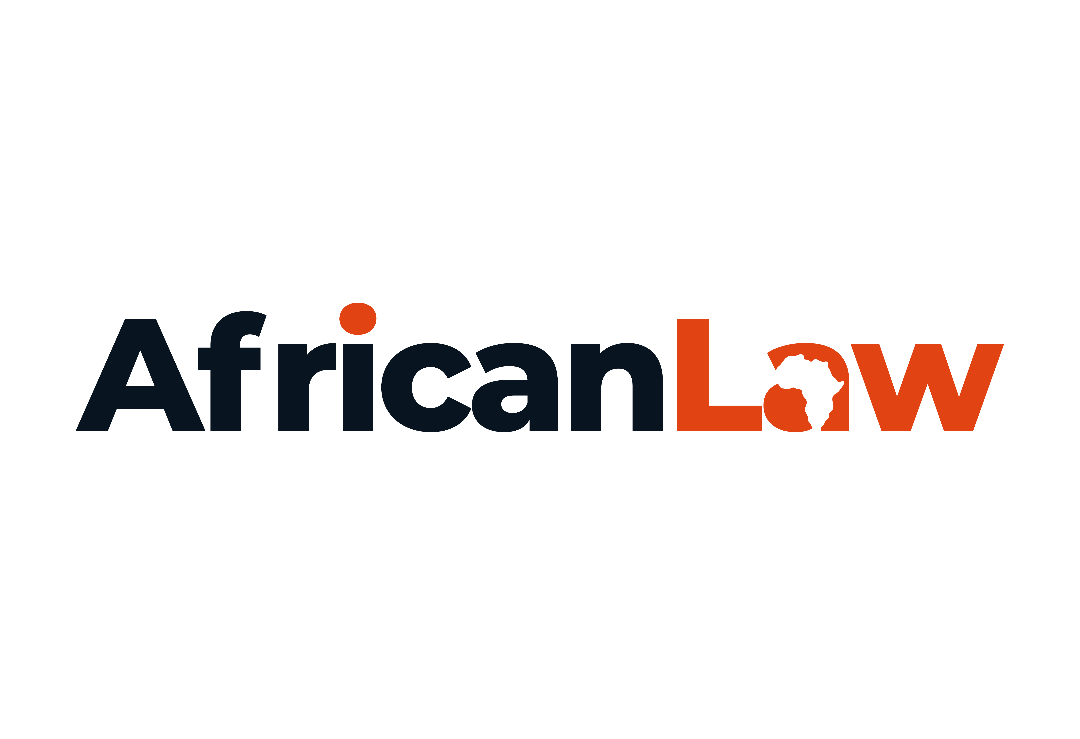In 2020, South Africa ranked 60th in The Global Innovation Index (GII) ranking of world economies according to their innovation capabilities. Kenya ranked 86th but a closer look reveals some interesting points.
IP Filing Activity
When it comes to the ranking of total (resident and non-resident) IP filing activity by origin, South Africa ranked 41st, 44th, 42nd for Patents, Trademarks and Designs respectively. Comparatively, Kenya ranked 64th, 76th and 77th. However, of the 6,914 South African patent applications filed in 2019, 567 were resident and 6,347 non-resident. Comparatively, 294 of Kenya’s total 335 applications were resident applications and only 41 were non-resident applications.
Ease of Doing Business
One way of determining innovation potential is understanding how easy it is to start a business in a particular country. This includes all procedures officially required, or commonly done in practice, for an entrepreneur to start up and formally operate an industrial or commercial business, as well as the time and cost to complete these procedures and the paid-in minimum capital requirement. These procedures include obtaining all necessary licenses and permits and completing any required notifications, verifications, or inscriptions for the company and employees with relevant authorities.
According to the 2020 Global Innovation Index (GII), market sophistication is a strength in the Kenyan economy. It is much easier to start a business in Kenya and get access to credit and micro-finance loans - a powerful incentive for stimulating entrepreneurship. Kenya’s ranking improved to #4 in 2020 from #8 in 2019 with the score improving by 5 points to 95 from 90 in the 2019 report. The World Bank acknowledged Kenya’s strengthened access to credit by introducing online registration, modification and cancellation of security interests, and public online searches of its collateral registry as the cause of improvement.
Global Brand Value
The GII innovated in 2020 to include a novel indicator showing which economies have the most valuable brands. This novel GII indicator sums the values of all the top brands of each economy and then scales this brand value by GDP. Led by telecom companies MTN and Vodacom, and followed by banks First National Bank, ABSA and Standard Bank, South Africa ranks 22nd worldwide.
Kenya ranked 54th worldwide, led largely by telecoms brand Safaricom.
Expenditure on Education
Government expenditure on education is another useful indicator because it highlights the growing importance of universities and educational institutions as providers of useful new knowledge and as trainers of the researchers and other highly skilled workers on which knowledge-based economies rely. It is worth noting that the GII ranking includes expenditure funded by transfers from international sources to governments.
That being said, South Africa ranks 13th with a higher expenditure on education (6.2% of its GDP) compared to Kenya, ranked 29th (5.3% of its GDP).
Conclusion
Overall, Kenya and South Africa are two of the biggest and most innovative economies on the continent. Since 2014, Kenya has been ranked as a lower middle income country because its per capita GDP crossed a World Bank threshold. While Kenya has a growing entrepreneurial middle class and steady growth, South Africa is an upper middle-income emerging market with an abundant supply of natural resources; well-developed financial, legal, communications, energy, and transport sectors; and a stock exchange that is Africa’s largest and among the top 20 in the world.

















